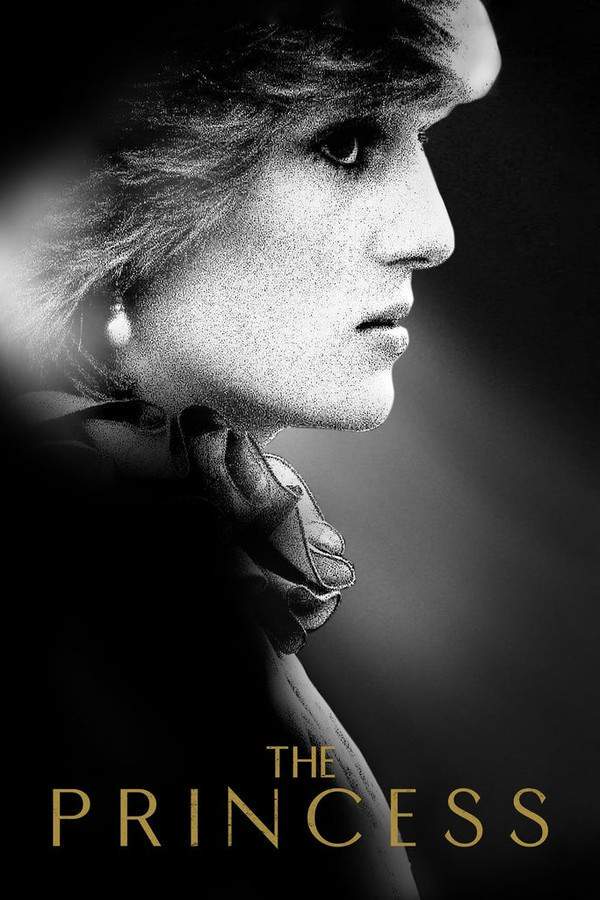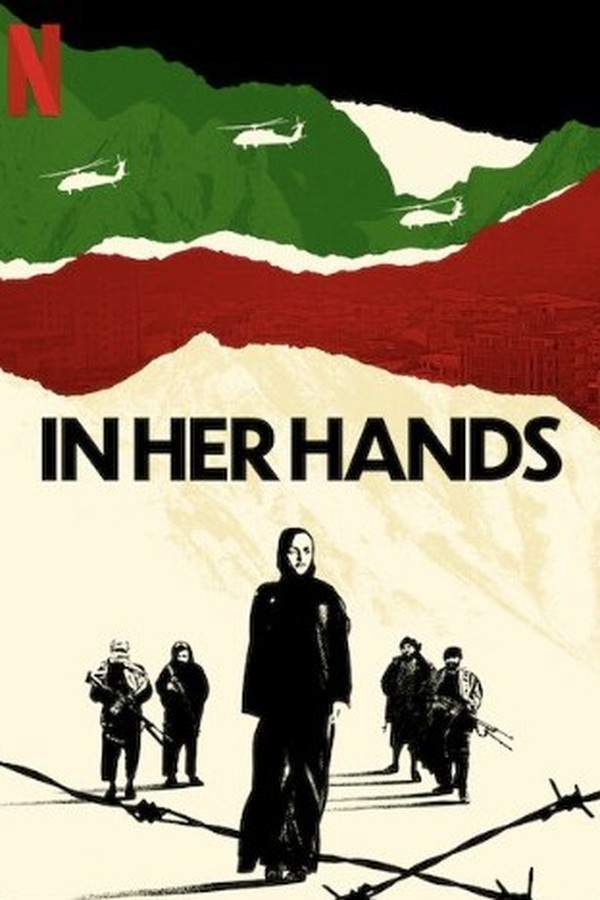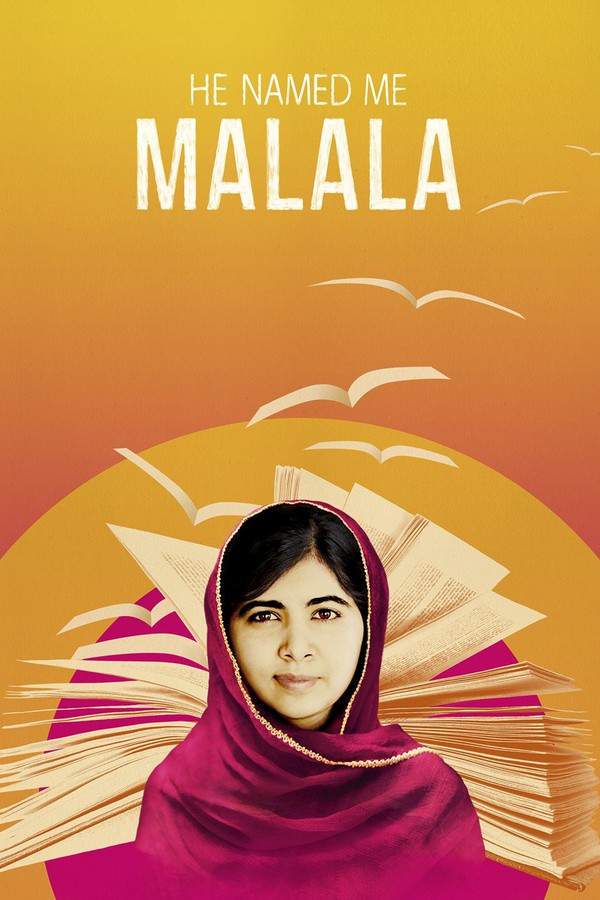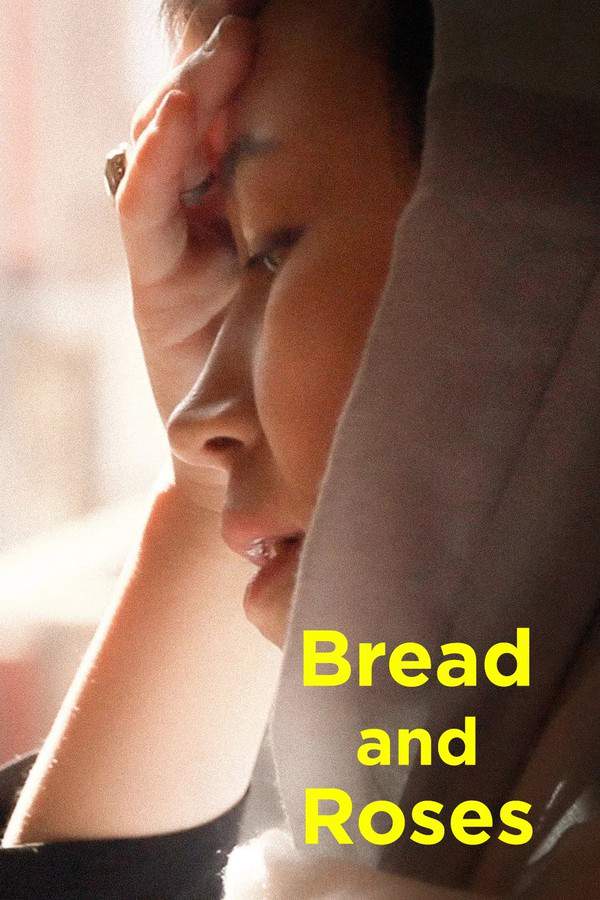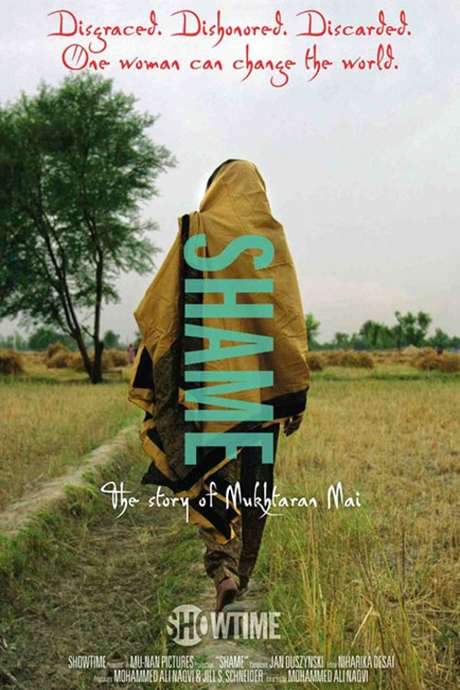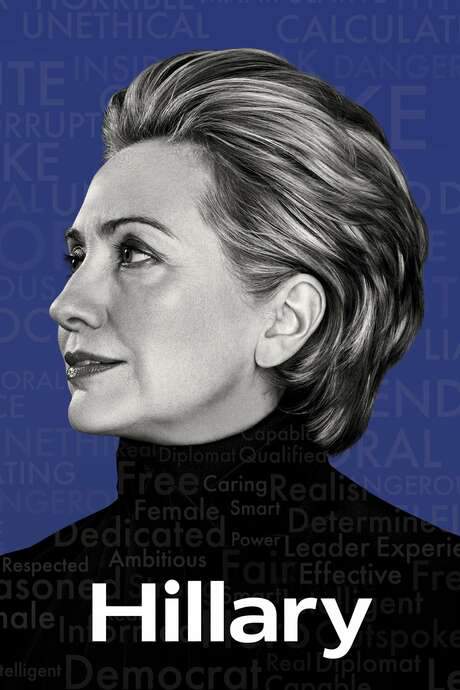Bhutto 2010
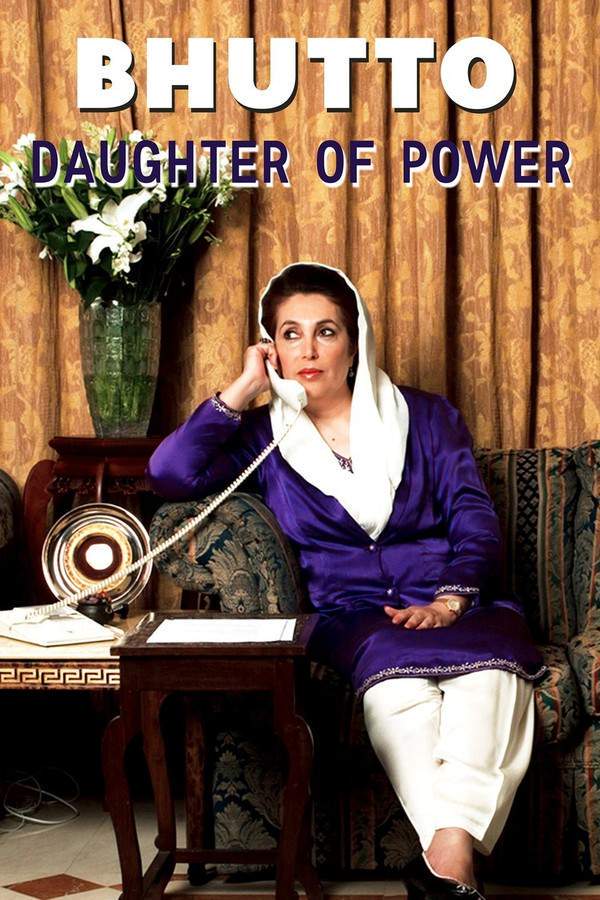
This documentary explores the extraordinary life of Benazir Bhutto, Pakistan's first female Prime Minister. Through extensive archival footage and revealing interviews, it recounts her political journey and the challenges she faced. The film portrays her fight against corruption and her attempts to address the rise of radical Islam, highlighting a dramatic story set against the backdrop of modern Pakistan. It’s a compelling look at a remarkable leader and a turbulent era.
Does Bhutto have end credit scenes?
No!
Bhutto does not have end credit scenes. You can leave when the credits roll.
Meet the Full Cast and Actors of Bhutto
Explore the complete cast of Bhutto, including both lead and supporting actors. Learn who plays each character, discover their past roles and achievements, and find out what makes this ensemble cast stand out in the world of film and television.
No actors found
External Links and Streaming Options
Discover where to watch Bhutto online, including streaming platforms, rental options, and official sources. Compare reviews, ratings, and in-depth movie information across sites like IMDb, TMDb, Rotten Tomatoes or Metacritic.
Ratings and Reviews for Bhutto
See how Bhutto is rated across major platforms like IMDb, Metacritic, and TMDb. Compare audience scores and critic reviews to understand where Bhutto stands among top-rated movies in its genre.

68
Metascore
tbd
User Score

7.6 /10
IMDb Rating

56
%
User Score
Take the Ultimate Bhutto Movie Quiz
Challenge your knowledge of Bhutto with this fun and interactive movie quiz. Test yourself on key plot points, iconic characters, hidden details, and memorable moments to see how well you really know the film.
Quiz on Bhutto: Test your knowledge on the life and political journey of Benazir Bhutto as portrayed in the documentary 'Bhutto'.
What political dynasty is Benazir Bhutto a part of?
The Sharif family
The Bhutto family
The Zardari family
The Khan family
Show hint
Full Plot Summary and Ending Explained for Bhutto
Read the complete plot summary of Bhutto, including all major events, twists, and the full ending explained in detail. Explore key characters, themes, hidden meanings, and everything you need to understand the story from beginning to end.
BHUTTO is an engaging theatrical documentary that delves into the life of one of the most intricate and intriguing figures of our time. This epic narrative unfolds the heroism of a woman battling against traditional norms and terrorism in Pakistan, arguably one of the most perilous places on earth. As a nuclear-armed nation teetering on the edge of instability, Pakistan was uniquely tied to the life of Benazir Bhutto, who hailed from a prosperous family that became the cornerstone of the country’s political dynasty.
Often likened to the “Kennedys of Pakistan,” the Bhutto family shares a legacy steeped in both tragedy and triumph, mirroring that of its American counterpart. The journey of Benazir Bhutto is emblematic of Pakistan itself, entwined with the tumultuous history of her homeland. Pakistan was established in 1947, while Benazir was born six years later, in 1953. The nation emerged during the partition of the Indian subcontinent as a haven for Muslims following the end of British rule. However, internal strife quickly erupted, leading to military conflicts with its larger neighbor, India, and ultimately setting the stage for a military-dominated political landscape.
As the daughter of the visionary political leader Zulfikar Ali Bhutto, Benazir was destined for a path laden with challenges from birth. Growing up in a wealthy feudal household in Sindh province, Zulfikar pursued an education abroad, marrying Nusrat Isipani, an Iranian beauty, while at Oxford. Together, they raised their children—Benazir, Murtaza, Sanam, and Shanawaz—with an emphasis on equal education, defying the conventions of gender roles prevalent in their society.
While her father’s political career soared, with stunning oratory at the UN leading him to become the first democratically elected president and later prime minister, Benazir was exploring the world herself. She attended Harvard University amidst the revolutionary fervor of the 1960s, participating in anti-war protests and witnessing the burgeoning women’s movement. After studying at Oxford, she initially envisioned a life of luxury in diplomacy. However, fate intervened dramatically when her father was overthrown in a coup led by General Zia ul Haq, culminating in his wrongful execution on fabricated charges.
In the ensuing chaos, Benazir chose to fight for justice, while her brothers fled to avoid persecution. Alongside her mother, she faced imprisonment under Zia’s oppressive regime, which enforced extreme interpretations of Islam and subjugated women under harsh laws. During this grim period, her brothers were wrongfully branded as terrorists in a politically charged climate.
Tragedy struck again during a family reunion in France when Shanawaz was found dead under dubious circumstances. Grieving yet resolute, Benazir returned to Pakistan to reclaim her father’s legacy, experiencing a wave of national support that catalyzed her political ambitions. In 1988, she stood before millions eager to see her lead, cleverly navigating traditional barriers by entering into an arranged marriage with Asif Ali Zardari, known for his playboy reputation. Soon, while managing her campaign and preparing for motherhood, a crucial turning point occurred as General Zia’s mysterious death cleared her way to power.
At the young age of 35, and with a newborn son in tow, she made history by becoming the first female prime minister of a Muslim nation. However, her term was marred by allegations of corruption, leading to a swift ousting after just twenty months. Even so, her resilience shone through as she continued to strive for a second term, appointing her husband as finance minister—a move that backfired, earning him the infamous moniker of “Mr. 10%.”
As political turbulence escalated, Murtaza Bhutto returned to confront Benazir for control of the Pakistan People’s Party, only to be tragically killed under controversial circumstances. His death was a dagger to her political stature, leading to her second term ending in shame, alongside her husband’s imprisonment.
In exile, she raised her children in Dubai, giving lectures on the growing menace of radical Islamic terrorism. Then came 9/11, shifting the geopolitical landscape and thrusting Pakistan into the foreground of the war on terror, further complicating her homeland’s plight. The increasing turmoil in Pakistan led to her eventual reinstatement in 2007 as a beacon of hope for democracy amid chaos.
Ultimately, Benazir Bhutto’s life was cruelly cut short by assassination, but in death, she emerged as a martyr, leaving behind a controversial legacy that will be examined and discussed for generations to come.
Uncover the Details: Timeline, Characters, Themes, and Beyond!

Coming soon on iOS and Android
The Plot Explained Mobile App
From blockbusters to hidden gems — dive into movie stories anytime, anywhere. Save your favorites, discover plots faster, and never miss a twist again.
Sign up to be the first to know when we launch. Your email stays private — always.
Discover Film Music Concerts Near You – Live Orchestras Performing Iconic Movie Soundtracks
Immerse yourself in the magic of cinema with live orchestral performances of your favorite film scores. From sweeping Hollywood blockbusters and animated classics to epic fantasy soundtracks, our curated listings connect you to upcoming film music events worldwide.
Explore concert film screenings paired with full orchestra concerts, read detailed event information, and secure your tickets for unforgettable evenings celebrating legendary composers like John Williams, Hans Zimmer, and more.


Bhutto Themes and Keywords
Discover the central themes, ideas, and keywords that define the movie’s story, tone, and message. Analyze the film’s deeper meanings, genre influences, and recurring concepts.

Unlock the World of Movies with Our Comprehensive Wiki
Dive into our Movie Wiki for in-depth film encyclopedia entries, including cast biographies, production trivia, plot synopses, behind-the-scenes facts, and thematic analyses. Whether you’re researching iconic directors, exploring genre histories, or discovering hidden easter eggs, our expertly curated movie database has everything you need to fuel your cinematic passion.

Similar Movies To Bhutto You Should Know About
Browse a curated list of movies similar in genre, tone, characters, or story structure. Discover new titles like the one you're watching, perfect for fans of related plots, vibes, or cinematic styles.
Quick Links: Summary, Cast, Ratings, More

What's After the Movie?
Not sure whether to stay after the credits? Find out!
Explore Our Movie Platform
New Movie Releases (2026)
Famous Movie Actors
Top Film Production Studios
Movie Plot Summaries & Endings
Major Movie Awards & Winners
Best Concert Films & Music Documentaries
Movie Collections and Curated Lists
© 2026 What's After the Movie. All rights reserved.










